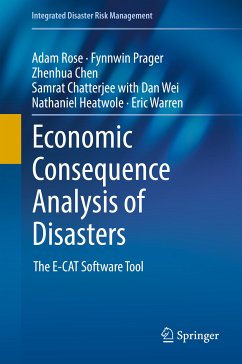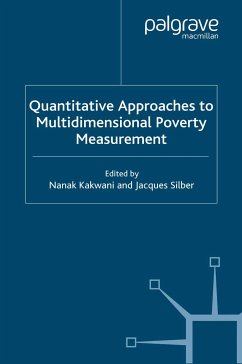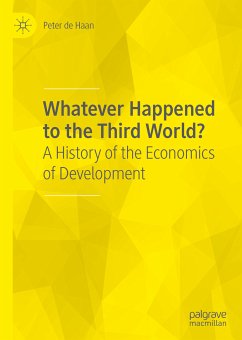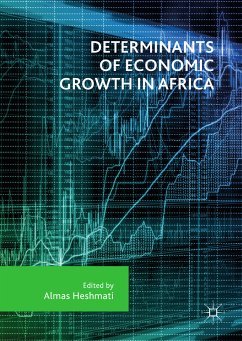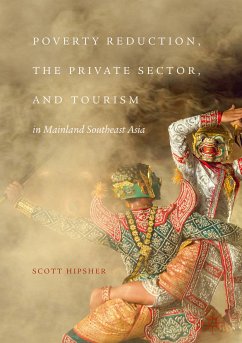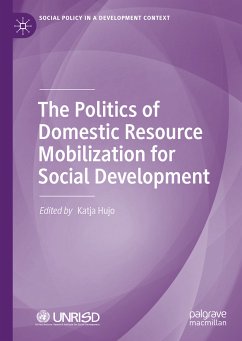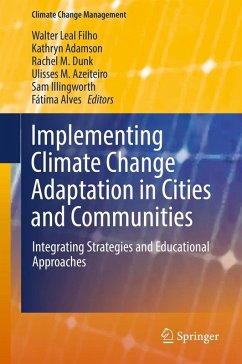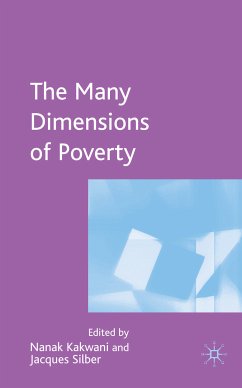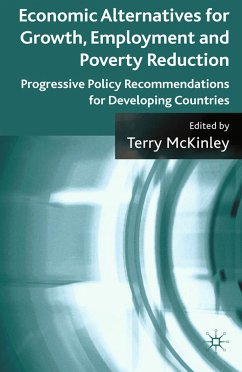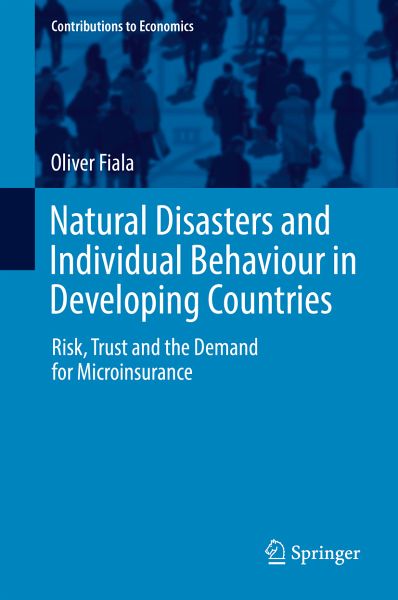
Natural Disasters and Individual Behaviour in Developing Countries (eBook, PDF)
Risk, Trust and the Demand for Microinsurance
Versandkostenfrei!
Sofort per Download lieferbar
80,95 €
inkl. MwSt.
Weitere Ausgaben:

PAYBACK Punkte
40 °P sammeln!
This study investigates the complex link between natural disasters, individual behaviour - in the form of an individual's risk-taking propensity and level of trust - and the demand for microinsurance. Developing countries are particularly vulnerable to the impacts of natural hazards and climate change as they affect their development processes and set back poverty reduction efforts. Using a unique data set for rural Cambodia based on a survey, experimental games and a discrete choice experiment, the study highlights the importance of perceptions, expectations and psychological factors in decis...
This study investigates the complex link between natural disasters, individual behaviour - in the form of an individual's risk-taking propensity and level of trust - and the demand for microinsurance. Developing countries are particularly vulnerable to the impacts of natural hazards and climate change as they affect their development processes and set back poverty reduction efforts. Using a unique data set for rural Cambodia based on a survey, experimental games and a discrete choice experiment, the study highlights the importance of perceptions, expectations and psychological factors in decision-making processes with substantial consequences for long-term economic perspectives and poverty alleviation.
Dieser Download kann aus rechtlichen Gründen nur mit Rechnungsadresse in A, B, BG, CY, CZ, D, DK, EW, E, FIN, F, GR, HR, H, IRL, I, LT, L, LR, M, NL, PL, P, R, S, SLO, SK ausgeliefert werden.



